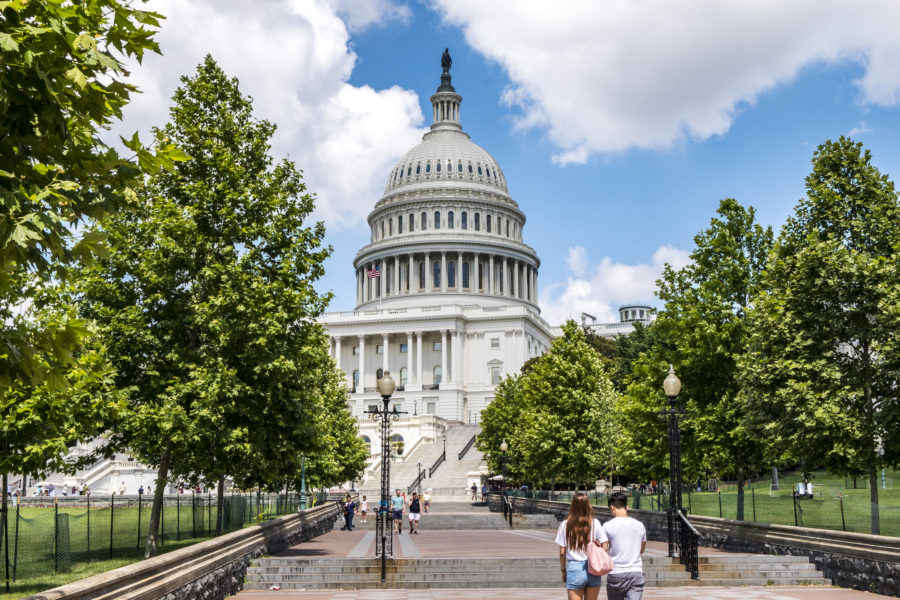
Marijuana Delivery: California’s Looming Legal Battle
Law & Policy InsightsCannabis Legalization and RegulationAs more states legalize medical and recreational marijuana use, they are being confronted with a broad spectrum of policy issues. One of the emerging issues is whether to allow the legal cannabis industry to deliver marijuana directly to customers. Advocates see it as an issue of access, especially for medical marijuana patients. Opponents argue that delivery will make it easier for kids to get marijuana and that the delivery vehicles will be targeted by criminals.











